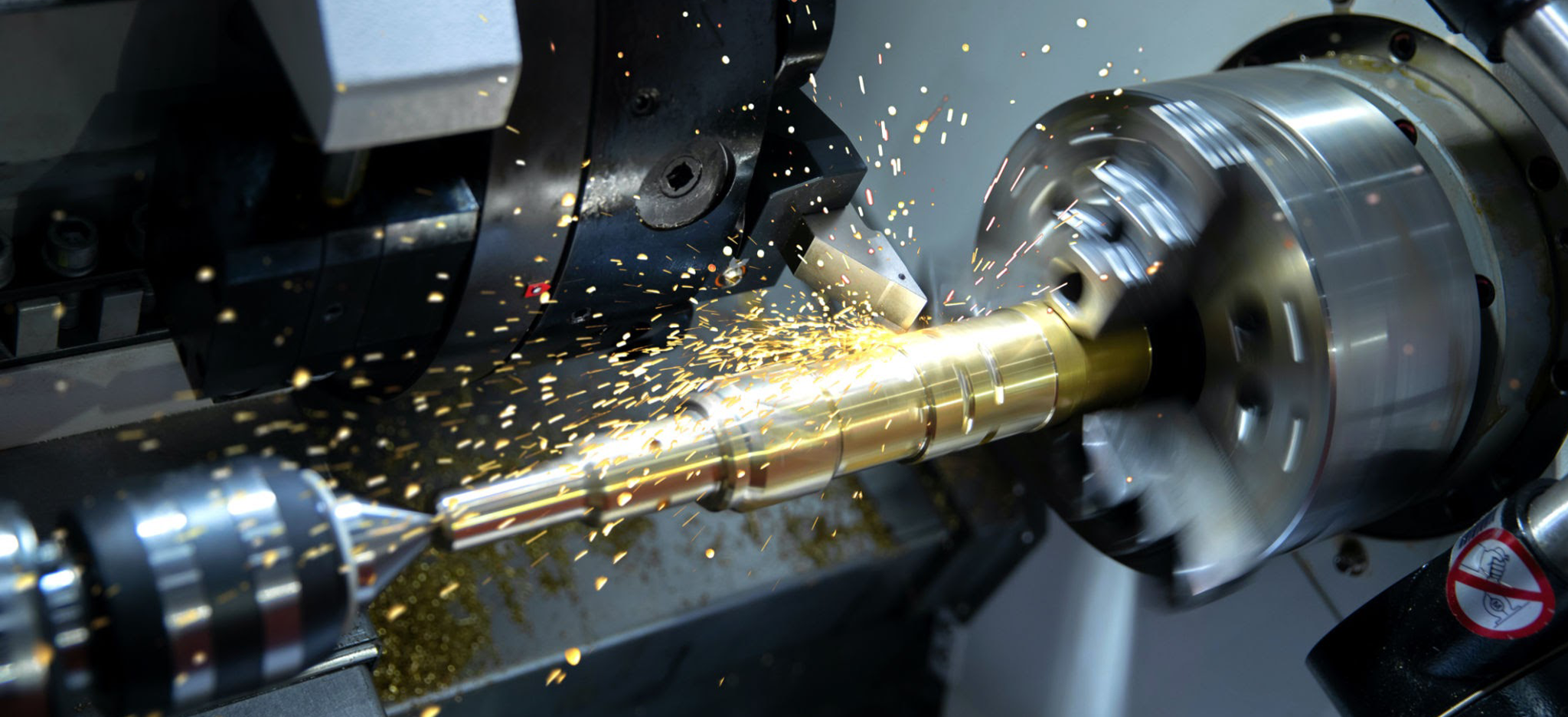Behind every Computer Numerical Control (CNC) machine, there’s a skilled individual responsible for ensuring the equipment runs smoothly and produces precise components. CNC machine operators are the unsung heroes of modern manufacturing, and in this essay, we will explore who they are, what they do, their importance in the manufacturing process, and how to become a successful CNC machine operator.
Who Are CNC Machine Operators?
CNC machine operators are highly trained professionals who specialize in the setup, operation, and maintenance of CNC machines. They play a crucial role in the manufacturing industry, where precision and accuracy are paramount. These operators are responsible for translating computer programs into tangible products, making them indispensable in the world of CNC machining.
Key Points to Elaborate:
- Job Responsibilities of CNC Machine Operators:
- CNC machine operators are responsible for setting up the CNC machine, loading materials, and loading the required tools.
- They interpret and understand CNC programs, ensuring that the machine follows the correct sequence of commands to produce the desired components.
- Monitoring the machine’s performance is a critical part of their job, as they need to detect any irregularities or malfunctions and make adjustments as necessary.
- Routine maintenance and troubleshooting are also within their purview to keep the CNC machine in optimal working condition.
- The Importance of Precision:
- CNC machine operators are entrusted with maintaining high levels of precision and accuracy. Their attention to detail is essential in ensuring that each product meets the specified standards.
- The consistency of CNC machine operators in executing their tasks directly impacts the quality and reliability of the manufactured components.
- Training and Skill Set:
- Becoming a CNC machine operator requires specialized training and education. Many technical schools and community colleges offer programs and courses that teach the necessary skills.
- These skills include the ability to read blueprints, proficiency in using computer software for CNC programming, and a strong understanding of machine operations.
- Adaptability and Problem-Solving:
- CNC machine operators need to be adaptable and possess excellent problem-solving skills. They must troubleshoot issues that may arise during the machining process.
- Quick thinking and the ability to make on-the-fly adjustments are valuable traits for success in this role.
- Safety Considerations:
- Safety is paramount in manufacturing. CNC machine operators are responsible for adhering to safety protocols and ensuring that their work environment is hazard-free.
- Proper use of personal protective equipment (PPE) and an awareness of potential safety risks are vital aspects of the job.
- Career Opportunities:
- The demand for skilled CNC machine operators remains high, and this career path offers opportunities for growth and advancement.
- Experienced operators can move into supervisory roles, programming positions, or even take on responsibilities in quality control.

